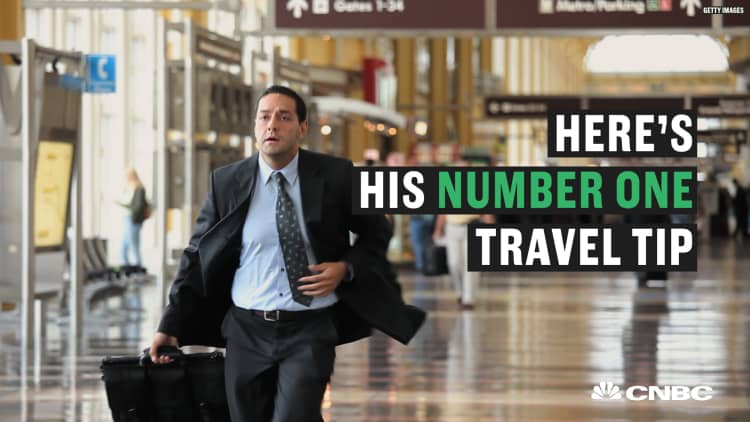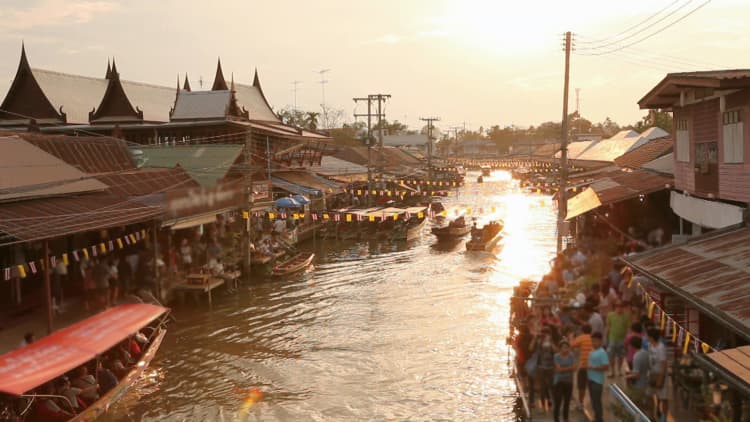People in Florida aiming to evacuate in anticipation of Hurricane Irma took to social media to complain about steep price increases on American Airlines flights on Tuesday after fares rose from around $150 to more than $2,300 for certain routes.
JetBlue responded by capping its prices at $99 for direct flights and waiving certain fees.
The decision seemed to force other airlines to follow suit. American announced on Wednesday that it would also cap fares at $99 for coach seats, and Delta capped fares for impacted areas at $399.
While the hurricane marks special circumstances in terms of price increases for airlines such as American and Delta, mainstream carriers taking a cue from budget operations is nothing new. Thanks to low-cost airlines such as Spirit, Southwest and Frontier, the everyday cost of many popular flights has dropped nationwide, The New York Times reports.

The Times gives the example of a direct flight between Detroit and Philadelphia. Historically, a one-way ticket between the two cities cost $308. While it occasionally rose, it never dropped below $300.
But, after Spirit Airlines started offering flights for less than $100 along the same route, fares began to fall for every major airline, including big-name carriers such as American and Delta.
A recent study by a University of Virginia professor and consultant at the Campbell-Hill Aviation Group cited by the Times found that customers who fly a route also served by a nonstop Southwest flight save an average of $45 each way. When Southwest provides only connecting flights, customers save an average of $17 each way.

The phenomenon is known as the "The Southwest Effect" and was first coined in a 1993 report by the U.S. Department of Transportation. It refers to the early growth of the airline, in which "virtually every market entered by Southwest experienced a significant reduction in average market fares due to Southwest's low fare initiatives, and passenger volumes responded disproportionately," the study says.
The effect can still be seen today and is associated with a number of low-cost airlines such as JetBlue, Frontier and Spirit, to the chagrin of Wall Street.
Bloomberg reports that some shareholders are braced for continued disappointment as fare wars continued to cut into profits:
"We've taken it on the chin the last 30, 45 days, because there's no question United started cutting fares to ward off Spirit, Frontier, whoever, and I guess it's spread among all the airlines cutting fares," said Gary Bradshaw, a portfolio manager at Hodges Capital Management in Dallas, which owns stakes in the major airlines. "It happened overnight almost."

That's in part because while pricier airlines such as Delta and United primarily compete for business class customers willing to pay a premium, they realized they can't afford to overlook bargain hunters entirely.
As Skift puts it, "For about four years, American chose to let its frugal passengers fly Spirit. American might charge a couple of hundred dollars for a one-way fare, while Spirit would want $40. But American, led by its then-new president, Scott Kirby, decided in 2015 to fight for everyone."
The Times concurs, pointing out that budget carriers "force the big airlines to figure out a way to draw the most price-sensitive fliers in any given market — those who scour the internet for the cheapest tickets possible." It adds that, nowadays, "those customers make up a significant portion of travelers, meaning the major carrier cannot just ignore them."
Like this story? Like CNBC Make It on Facebook
Don't miss:



